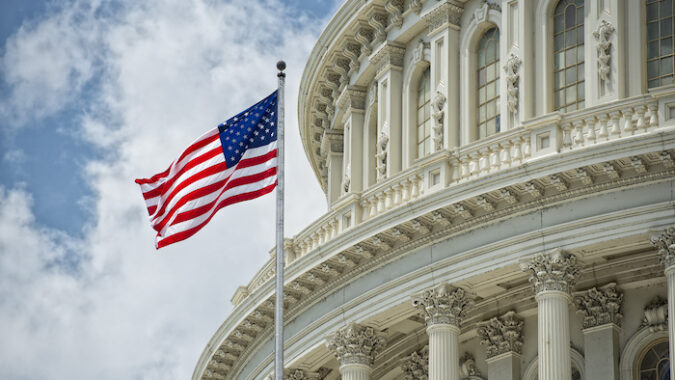Members-Only Content
This content is available exclusively to our members.
Log in to access the full details, resources, or features. Not a member yet? Sign up to unlock everything we have to offer.
Become a Member Already a member? Sign in
Log in to access the full details, resources, or features. Not a member yet? Sign up to unlock everything we have to offer.
Become a Member Already a member? Sign in